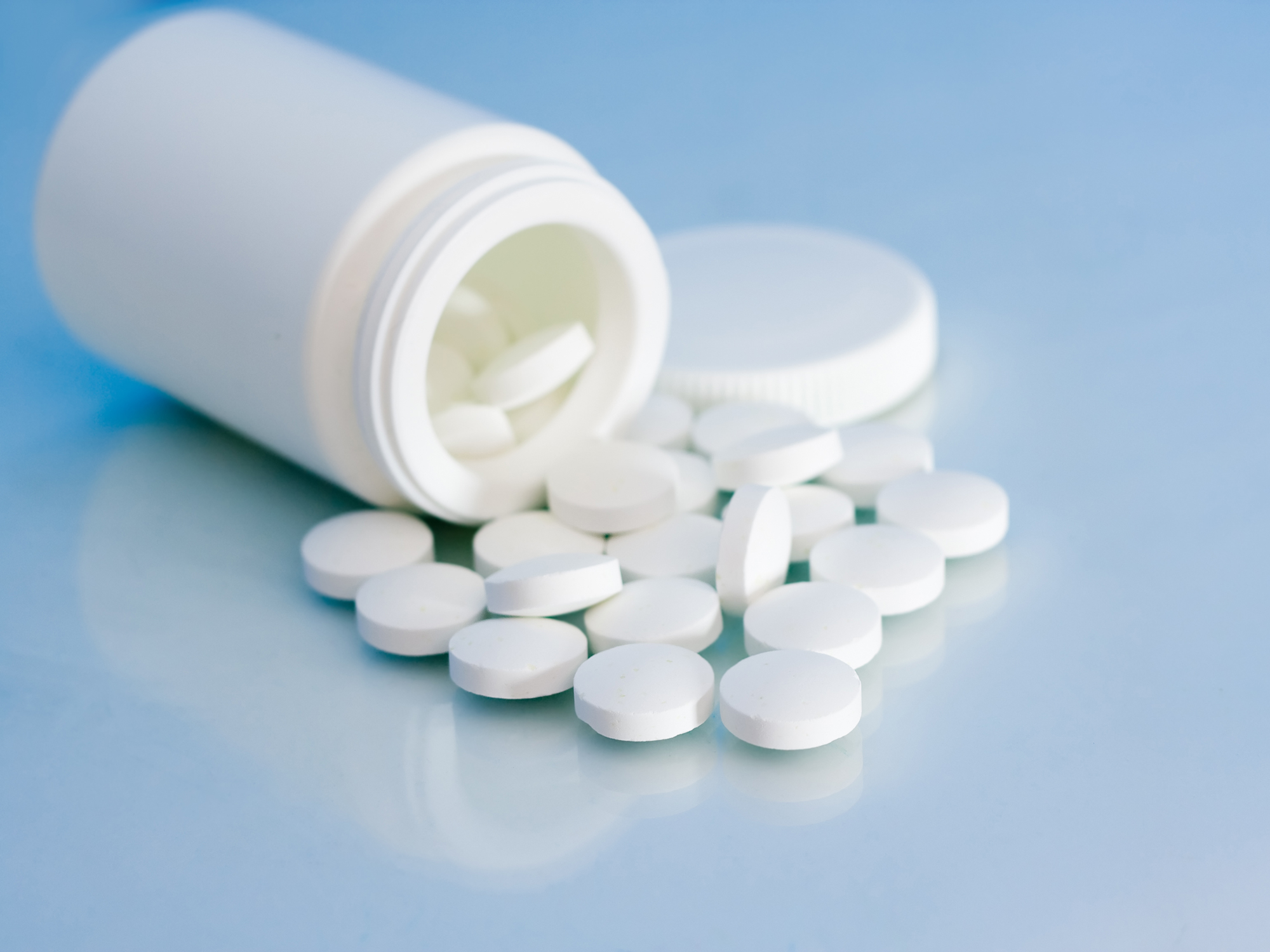Get Easy Health Digest™ in your inbox and don’t miss a thing when you subscribe today. Plus, get the free bonus report, Mother Nature’s Tips, Tricks and Remedies for Cholesterol, Blood Pressure & Blood Sugar as my way of saying welcome to the community!
The surprising reason preventative aspirin doesn’t work anymore

Did your doctor ever tell you to take low-dose aspirin daily? You’re not alone…
For years, doctors encouraged people to take low-dose aspirin to prevent heart attacks. The American Heart Association and American College of Cardiology even promoted this advice for a while.
But not anymore. The American Heart Association and American College of Cardiology changed their tune on preventative aspirin, saying the risks outweigh the benefits. And I suspect, doctors aren’t doling it out as often either. Why?
It doesn’t work anymore.
When researchers first tested aspirin’s effect on fatal and non-fatal heart attacks 30 years ago, the verdict was clear: It reduced the risk of both.
But more recent studies show it doesn’t offer much (if any) preventative benefits. So, what gives? Are the benefits of preventative aspirin really a thing of the past? And if so, why?
A new study may have the answers to these pressing preventative aspirin questions…
The times they are a-changin’ for preventative aspirin
A recent research paper published in the journal Family Practice shows that preventative aspirin probably doesn’t work anymore… and researchers think they know why.
The paper compared older aspirin studies to four recent aspirin trials. And here’s what it concluded…
Preventative aspirin doesn’t decrease the risk of death from heart disease at all. It also doesn’t decrease the risk of death from cancer (another reported benefit). It does, however, increase the risk of major hemorrhages.
Is there any good news?
Well, authors of the paper did find that aspirin triggers a small decrease in cardiovascular events, like heart attacks. For every 1,000 patients who took aspirin for five years, there were four fewer major cardiovascular events. But since there were seven more cases of major hemorrhages, the risks outweigh that small benefit.
Now, the question is… why doesn’t preventative aspirin do much preventing anymore?
Researchers think it relates to the way people taking it have changed…
Since the start of the new millennium, our health practices have evolved. People are managing cholesterol and blood pressure better with drugs. Smoking is far less common. And regular screenings for conditions like colon cancer are far more common. All these habits drive disease risk down… which means there’s less risk for aspirin to reduce. Basically, modern health practices are biting into aspirin’s margin of benefit.
How to prevent heart disease and cancer without aspirin
So, preventative aspirin probably isn’t the best path to a healthier heart or a lower cancer risk. What is?
Something tried and true, like diet and exercise. Eating healthy and exercising frequently fights inflammation (just like aspirin) and reduces your risk of nearly all diseases. And there’s no question that healthy eating and exercise are effective.
Related: 6+ reasons pine bark extract could replace aspirin
For a healthier heart and lower cancer risk, try an anti-inflammatory diet like the Mediterranean diet. It’s not hard to follow. All you have to do is:
- Eat more fruits and veggies.
- Swap refined grains for whole grains.
- Get plenty of healthy fats from foods like nuts, avocado, and olive oil.
- Add herbs and spices, like basil, oregano, and rosemary, to your meals.
- Eat fish a minimum of once or twice per week.
- Eat less red meat. And when you do eat red meat, make sure it’s high-quality (local, organic or grass-fed).
- Have a glass of red wine with dinner. But no more than one.
When it comes to exercise, even a little goes a long way. In fact, a 2017 study found that just 20 minutes of moderate exercise per day stimulates your immune system and triggers an anti-inflammatory response in your cells. So, save the aspirin for your next headache and stick to these safer, more effective approaches to preventing disease.
Editor’s Note: You may have heard the news report recently that popular heart treatments aren’t cutting it. It’s time to discover the truth you won’t find at your doctor’s office! Before you submit to any heart treatment, read this FREE report…
Sources:













